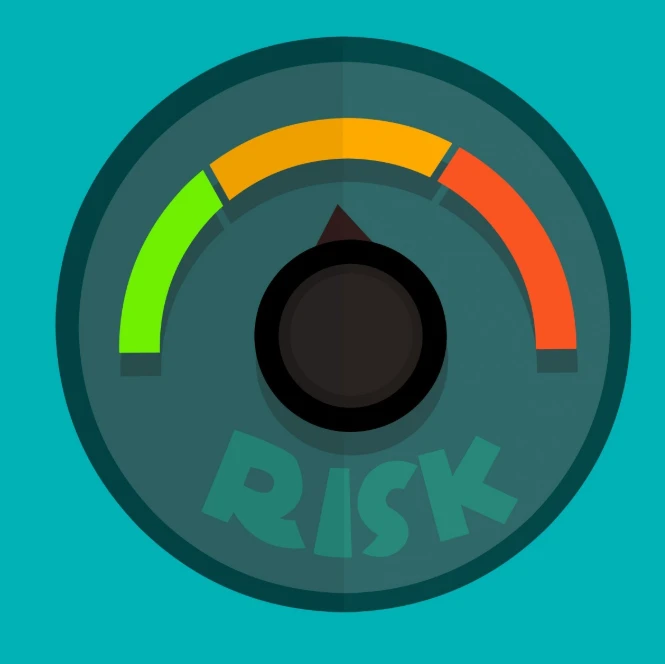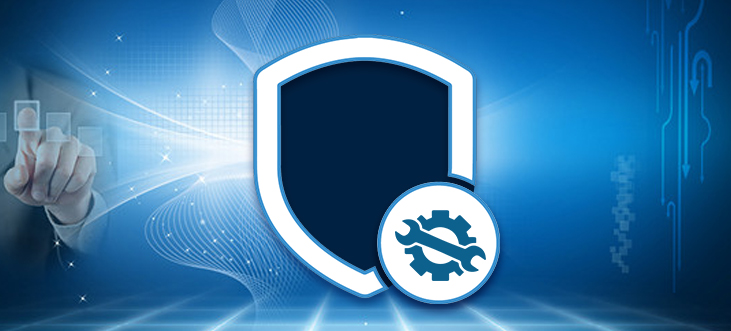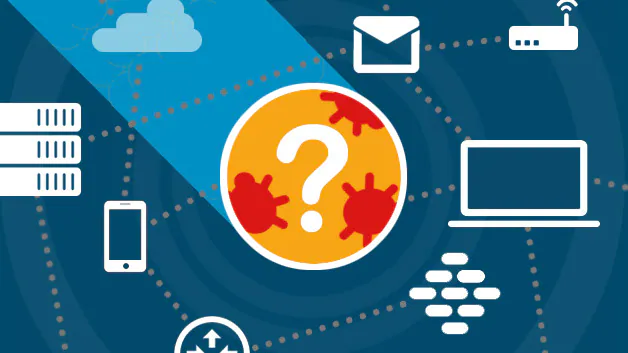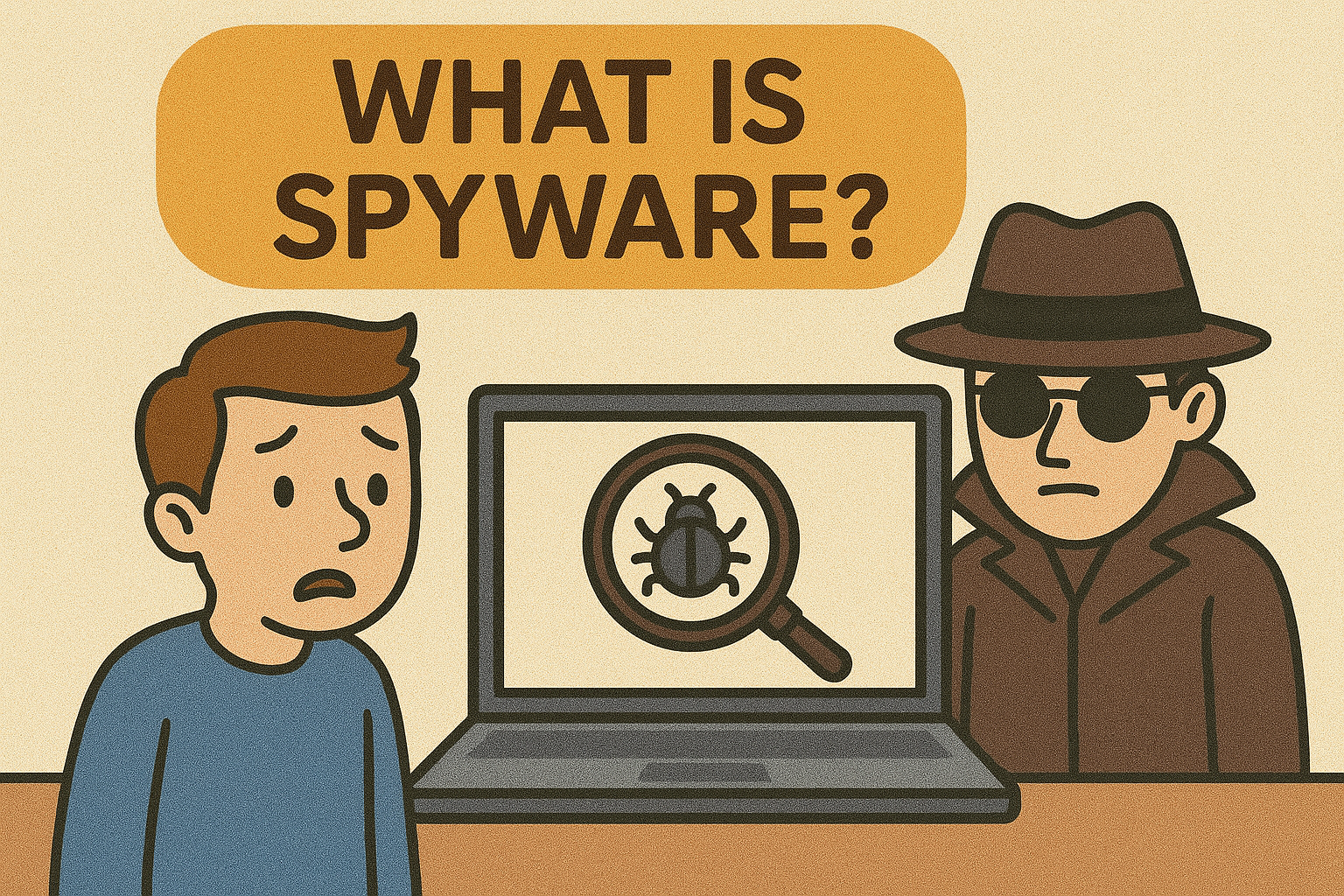What Is Cybersecurity And Why Is It Important?
Updated on October 10, 2022, by Xcitium
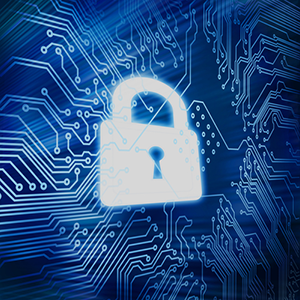
In the online world, cybersecurity refers to the protection of Internet-connected systems. The security covers cybersecurity and physical security – hardware, software, and data, from cyber attacks. Endpoint security and Endpoint protection are often used terms in the cybersecurity world because of the fact, it protects enterprises against unapproved access to data centers and other computerized systems.
Information security is a subset of cybersecurity, it was designed to maintain the confidentiality, integrity, and availability of data.
Elements Of Cybersecurity
Information system needs to coordinate accurately to ensure cybersecurity at all levels, and this includes:
- Application security
- Information security
- Network security
- Disaster recovery/business continuity planning
- Operational security
- End-user education
Why Cybersecurity Is Required?
Basically, the role of cybersecurity is to ensure the protection of information and systems from major cyber threats!
Types Of Cybersecurity Threats
It is a challenging task for IT personnel to keep up the pace with evolving / new technologies, threat intelligence, and security trends. At all costs, the data and other things supporting the information of the organization has to be protected. The threats come in many forms namely Ransomware, Malware, Social engineering, and Phishing.
Sadly, cybercriminals have enhanced themselves to launch automated and sophisticated attacks over the years and the tactics that they use imply lower costs. On the other hand, keeping pace with cybersecurity strategy and operations can be a daunting task for many.
Cybersecurity: Protecting All The Endpoints
Endpoint security and Endpoint protection are the latest buzz-words for businesses across the globe and even for households as they shift to more workflow processes. Besides that, today a lot of things are stored in the cloud and the applications are also functioning cloud-based. Thereby securing an entire network can be really challenging as they strive to protect every digital device communicating with the network. Cybersecurity aids in preventing data breaches, cyber attacks, and identity theft. Lets see more on Endpoint security…
What Is Endpoint Security Of Endpoint Protection?
Endpoint security or Endpoint protection prevents the potential entry point for those threats. The devices that are controlled and maintained in the security process include smartphones, laptops, tablets. Online criminals make use of these devices to attack an organization’s network with malicious software which could help them steal data from the network systems.
In the present time, the threat is even greater as organizations all over the world are switching over to BYOD (Bring Your Own Device). As a matter of fact, it is noticed that mobile-based threats are increasing in recent times. Employees make use of their home computers to accomplish their official tasks and in the process, we see organizational networks connecting with new devices. Endpoint security gains significance since it supplements centralized security solutions with additional security endpoint protection and prevents threats to secure the network.
Thereby, it is the matter of grave importance to strengthening centralized security solutions with added security endpoint protection, it protects threats to secure the network. One of the parameters that meet security standards is requesting network access before connecting, this approach prevents threats to a great extent.
Need Endpoint Security?
Xcitium Endpoint Security Manager implements unified management of Xcitium.’s 7-layered security suite that is capable of proactively protecting endpoints and their applications against advanced threats and malware.
→ Free Trial for 30 days
→ Default Deny Security
→ Cloud-based Advanced Malware Analysis




